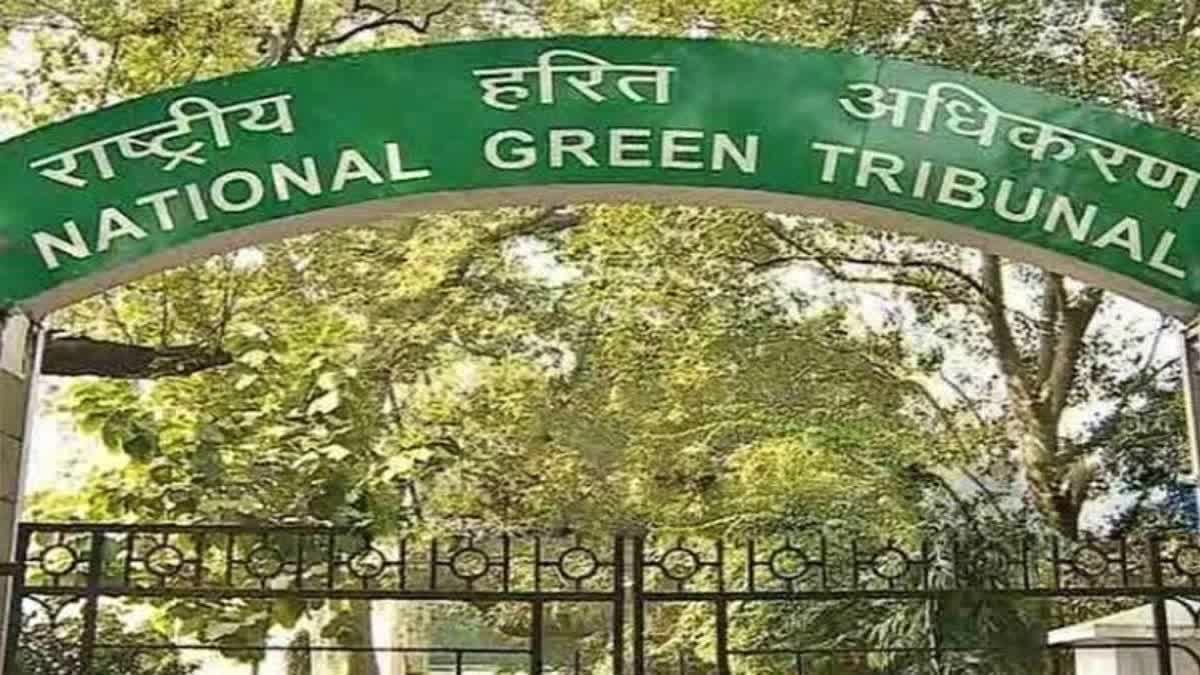Kasaragod: The Kerala Plantation Corporation is set to destroy Endosulfan, a highly toxic pesticide, stored in its godowns, very soon, officials said on Thursday. The move comes in the wake of a suggestion by the National Green Tribunal (NGT) on easy disposal of Endosulfan.
A total of 1,454 litres of Endosulfan is lying unused in Kerala, including 10 kg of solid form. Around 700 litres are stored at the Kasargod estate, 450 litres at the Rajapuram estate and 304 litres at the Palakkad Mannarkkad estate. This apart, 10 kg of Endosulfan in solid form is stored at the Cheemeni estate. The entire stock will be neutralised and the process will be completed in two phases.
A panel of experts appointed by the NGT to study the destruction of Endosulfan had recommended transferring it into smaller barrels for easier disposal. Removing and neutralising Endosulfan has been a need for years and it will be transferred to smaller barrels for disposal. Experts suggest that the company transporting the Endosulfan may burn it at temperatures between 1100-1200 degree Celsius at their facility.
Earlier, Kasargod was considered as the site for disposal of the pesticide but the plan was abandoned following opposition. Now, it has been decided that the disposal process will be supervised by the State Pollution Control Board and the district administration. Currently, the Endosulfan is stored in high-density polyethylene barrels, certified by the UN.
Representatives from agencies like Baruch Enviro Infrastructure Limited and Ramki Enviro Engineers Limited, which have expertise in safe disposal of hazardous pesticides, have already collected samples. After testing in the company's laboratories, the samples will be submitted to the Pollution Control Board for approval. One of the two companies will likely be given permission to carry out the disposal and the process is expected to be completed within a month.
Stored since 2000
Between 1985 and 2000, the Kerala Plantation Corporation used to spray Endosulfan from helicopters to control insects on tea plantations. This led to a major disaster, sparking public protests, and in 2000, Endosulfan was banned. Endosulfan that remained unused was left in the godowns.
Inspections started in November 2014
Inspections related to Endosulfan disposal began in November 2014. A team of experts led by the Central Pollution Control Board conducted the investigation. Following instructions of the NGT, Dr J Chandrababu, south regional director of CPCB and his team examined the Endosulfan stored in the godowns of Kerala Plantation Corporation (KPC).
Long-standing need
Social activist and convenor of the Endosulfan Victim People's Front, Ambalathara Kunjikrishnan, welcomed the recent decision of disposal, saying the destruction of Endosulfan had long been necessary. "All of it must be taken out and destroyed. There was a protest when it was decided to destroy it here earlier. If it is fully destroyed, the concerns will be eased," Kunjikrishnan said.
What is Endosulfan?
Endosulfan is a chlorinated and cyclodiene insecticide that is chemically synthesised with identical chemical substances as used in DDT. It is the sole pesticide of such a class that continues to be used in various nations. It is used in the production of cereals, vegetables, cotton, fruits, tobacco, tea and other crops.



